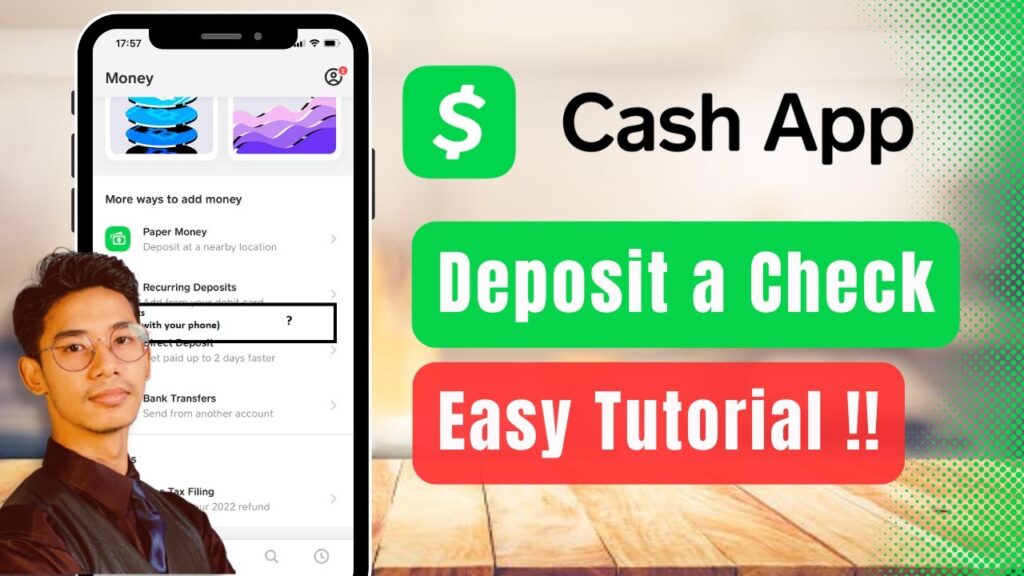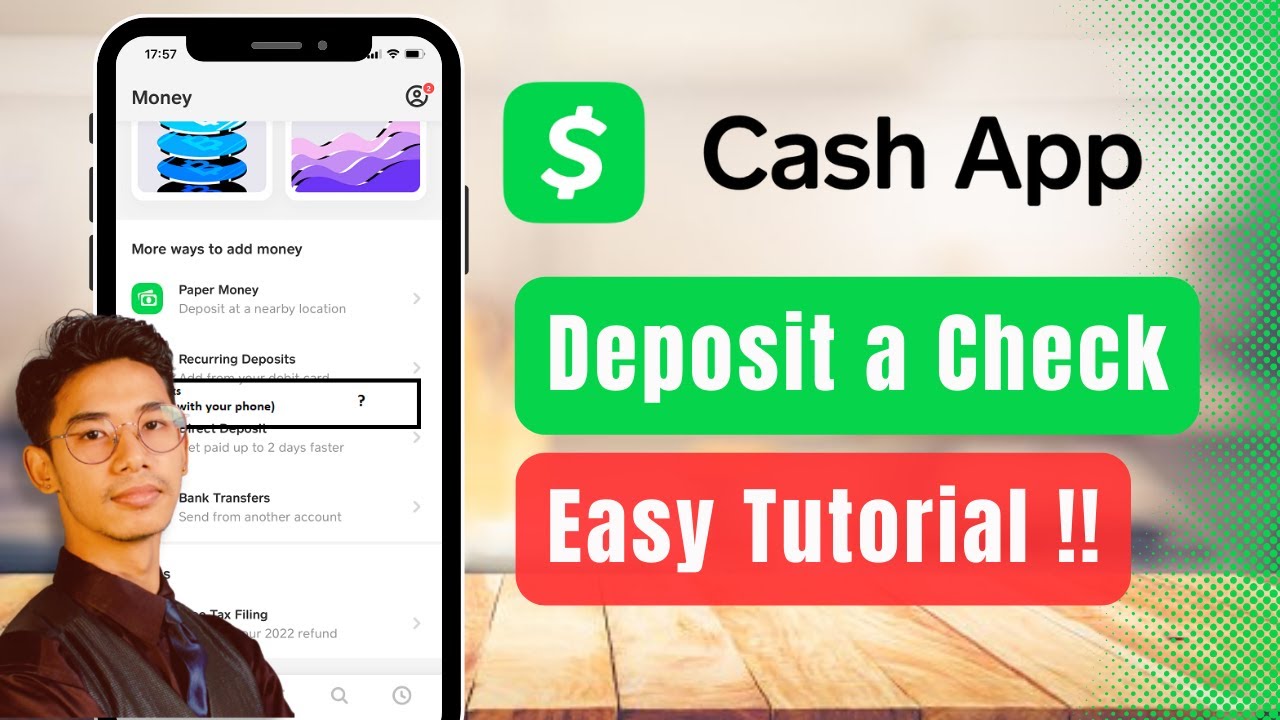
Can You Chargeback Cash App? Understanding Your Rights and Options
Cash App has revolutionized the way many people handle their finances, offering a convenient platform for sending and receiving money. However, disputes and unauthorized transactions can occur, leaving users wondering: Can you chargeback Cash App transactions? Understanding the chargeback process, your rights, and available options is crucial for protecting your money. This article will delve into the intricacies of Cash App chargebacks, providing a clear and comprehensive guide.
What is a Chargeback?
A chargeback is a process that allows a consumer to dispute a transaction with their bank or credit card issuer. It’s essentially a reversal of a payment, initiated by the cardholder when they believe there’s a legitimate reason to contest the charge. Common reasons for chargebacks include:
- Unauthorized transactions (fraud)
- Goods or services not received
- Defective goods or services
- Billing errors
Can You Chargeback Cash App Transactions? The Short Answer
The ability to chargeback Cash App transactions isn’t as straightforward as with traditional credit card purchases. Cash App operates primarily as a peer-to-peer (P2P) payment platform, meaning transactions are often considered similar to cash exchanges. This makes reversing payments more challenging, but not impossible.
The Nuances of Cash App Chargebacks
Whether you can chargeback Cash App depends on several factors:
Funding Source
If you funded the Cash App transaction using a credit card, you have a higher chance of initiating a chargeback through your credit card issuer. Credit card companies offer consumer protection policies that may cover unauthorized or disputed transactions. Debit card transactions offer similar, though often less extensive, protections.
Nature of the Transaction
Transactions with merchants through Cash App are more likely to be eligible for chargebacks than P2P payments to individuals. If you purchased goods or services from a business using Cash App, and the goods were not delivered or were defective, you might have grounds for a chargeback.
Cash App’s Role
Cash App itself doesn’t directly offer a “chargeback” feature in the same way a credit card company does. Instead, Cash App encourages users to resolve disputes directly with the other party. However, if that fails, Cash App’s support team may investigate the issue and potentially reverse the transaction in certain circumstances.
Steps to Take if You Want to Chargeback a Cash App Transaction
If you believe you have a valid reason to chargeback Cash App, here are the steps you should take:
Contact the Other Party
The first step is always to contact the person or business you sent the money to. Explain the issue and try to reach a resolution. Document all communication, including dates, times, and the content of your messages. Many issues are resolved simply through clear communication.
Contact Cash App Support
If you can’t resolve the issue directly, contact Cash App support immediately. You can do this through the app or on their website. Provide them with all the details of the transaction, including the date, amount, recipient, and the reason for the dispute. Be prepared to provide supporting documentation, such as receipts, screenshots, or any other evidence that supports your claim.
To contact Cash App support:
- Open the Cash App on your mobile device.
- Tap the profile icon in the upper-right corner.
- Scroll down and tap “Support.”
- Choose the relevant issue or tap “Something Else” and describe your situation.
File a Dispute with Your Bank or Credit Card Issuer
If Cash App support is unable to resolve the issue to your satisfaction, and you funded the transaction with a credit or debit card, contact your bank or credit card issuer. Explain the situation and request a chargeback. They will likely require you to provide documentation similar to what you provided to Cash App, as well as any communication you’ve had with the other party and Cash App support.
Be aware that there are time limits for filing a chargeback, typically ranging from 60 to 120 days from the transaction date. Check with your bank or credit card issuer for their specific policies.
Document Everything
Throughout the entire process, meticulous documentation is key. Keep records of all communication, screenshots of transactions, receipts, and any other relevant information. This documentation will be crucial when dealing with Cash App support or your bank.
Common Scenarios Where a Cash App Chargeback Might Be Possible
While chargeback Cash App scenarios can be complex, here are a few situations where you might have a higher chance of success:
- Unauthorized Transaction: If someone gained access to your Cash App account and made unauthorized transactions, you should immediately report it to Cash App and your bank.
- Fraudulent Merchant: If you purchased goods or services from a merchant through Cash App and they failed to deliver or provided defective products, you may be able to file a chargeback.
- Double Billing: If you were charged twice for the same transaction, contact Cash App and your bank to rectify the error.
When is a Cash App Chargeback Unlikely?
There are also situations where a chargeback Cash App attempt is less likely to succeed:
- P2P Payments to Friends or Family: If you willingly sent money to a friend or family member and later changed your mind, it’s unlikely you’ll be able to get a chargeback.
- Transactions for Illegal Activities: Cash App will not assist with transactions related to illegal activities.
- Lack of Documentation: If you don’t have sufficient documentation to support your claim, it will be difficult to get a chargeback approved.
Protecting Yourself from Cash App Scams and Fraud
Prevention is always better than cure. Here are some tips to protect yourself from Cash App scams and fraud:
- Be Cautious of Unsolicited Requests: Be wary of anyone asking for money on Cash App, especially if they are promising something in return.
- Verify the Recipient: Double-check the recipient’s username or $Cashtag before sending money.
- Enable Security Features: Use a strong password and enable two-factor authentication for your Cash App account.
- Don’t Share Your PIN or Password: Never share your Cash App PIN or password with anyone.
- Be Wary of Phishing Scams: Be cautious of emails or messages that appear to be from Cash App asking for your personal information.
- Only Transact with People You Know and Trust: As much as possible, only send money to people you know and trust.
- Link a Credit Card: Funding transactions with a credit card offers an extra layer of protection through chargeback rights.
The Future of Cash App Chargebacks
As Cash App continues to evolve, it’s likely that their policies regarding dispute resolution will also change. It’s important to stay informed about Cash App’s terms of service and any updates to their policies. Staying informed helps you navigate the process if you ever need to chargeback Cash App.
Alternative Dispute Resolution
If neither Cash App support nor your bank is able to resolve the dispute, you might consider alternative dispute resolution methods, such as mediation or arbitration. These processes involve a neutral third party who helps facilitate a resolution between the parties involved.
Legal Recourse
In some cases, if the amount of money involved is significant and all other avenues have been exhausted, you may consider legal action. Consult with an attorney to discuss your options and the potential costs and benefits of pursuing legal recourse.
Conclusion
Can you chargeback Cash App? The answer is nuanced and depends on various factors, including the funding source, the nature of the transaction, and Cash App’s policies. While Cash App doesn’t offer a traditional chargeback feature, you may be able to dispute the transaction through your bank or credit card issuer. Remember to document everything, communicate effectively, and be proactive in protecting yourself from scams and fraud. Understanding your rights and options is crucial for navigating the complexities of Cash App transactions and ensuring the security of your finances. [See also: Cash App Security Tips] [See also: How to Report a Cash App Scam]

